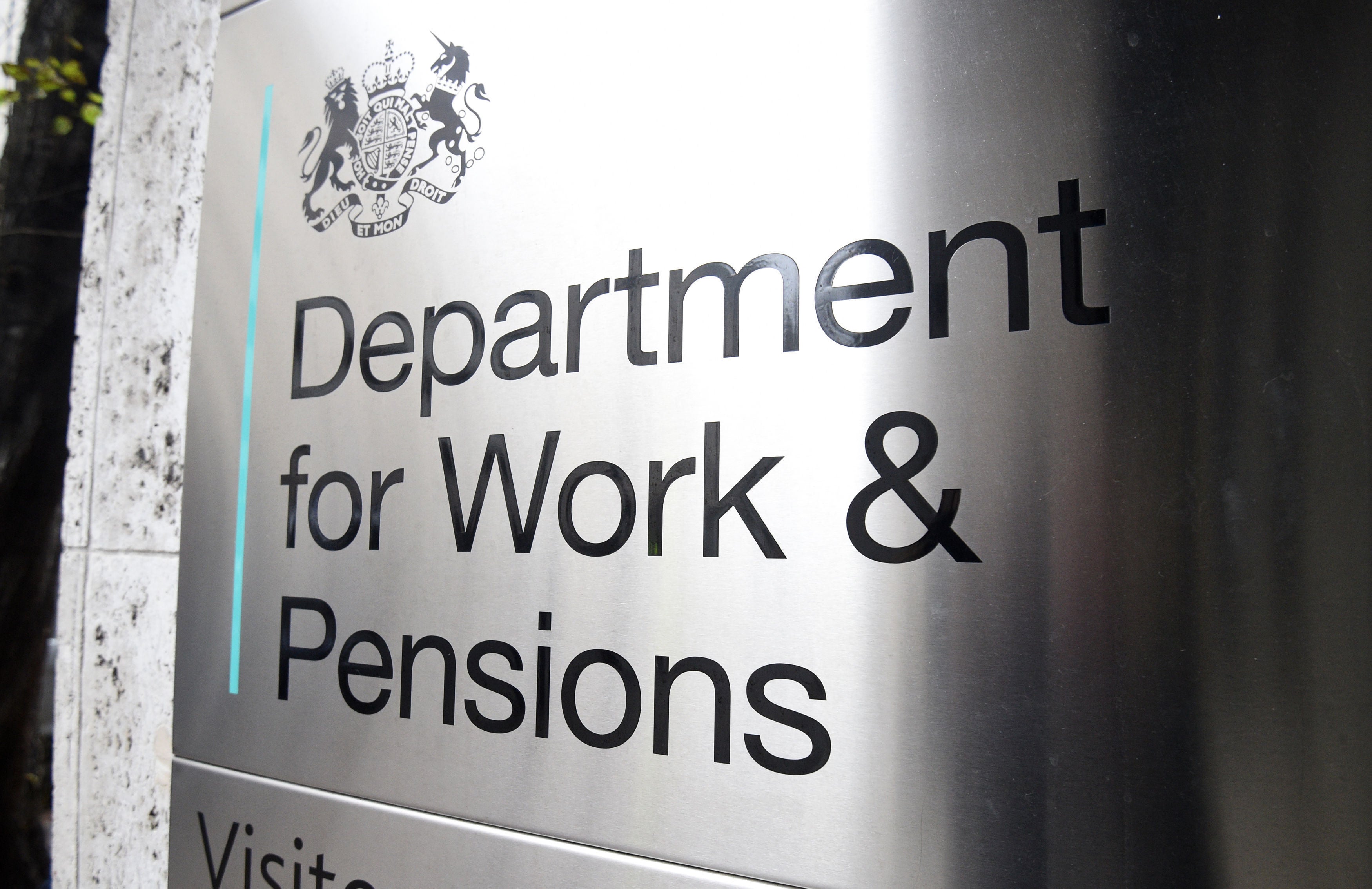Britons waiting twice as long for sickness benefits under Tories, analysis shows
Exclusive: Decision times have doubled to 26 weeks, as ministers consider annual health checks for workers

Your support helps us to tell the story
From reproductive rights to climate change to Big Tech, The Independent is on the ground when the story is developing. Whether it's investigating the financials of Elon Musk's pro-Trump PAC or producing our latest documentary, 'The A Word', which shines a light on the American women fighting for reproductive rights, we know how important it is to parse out the facts from the messaging.
At such a critical moment in US history, we need reporters on the ground. Your donation allows us to keep sending journalists to speak to both sides of the story.
The Independent is trusted by Americans across the entire political spectrum. And unlike many other quality news outlets, we choose not to lock Americans out of our reporting and analysis with paywalls. We believe quality journalism should be available to everyone, paid for by those who can afford it.
Your support makes all the difference.Waiting times to assess new claims for a crucial sickness benefit has doubled under the Conservatives, new analysis shared with The Independent shows.
It comes as the Tories make a push to make the benefits system more efficient and cut the number of economically-inactive Britons.
Jeremy Hunt is reportedly ready to use this month’s Budget to launch subsidies to help businesses offer “health appraisals” so people can get more support to stay in work.
But analysis shows the benefits system has become increasingly sluggish is dealing with claims for Employment and Support Allowance (ESA) – the benefit which supports those who have limited capability to work because of sickness or a disability.
Labour analysis of statistics shows that the average time from ESA claim to DWP decision doubled – from 13 weeks to 26 weeks – between April 2010 in June 2022.
There has been a sharp increase in ESA decision-making time since the Covid crisis. Waiting times in February 2020 were 15 weeks, increasing by over 70 per cent to 26 weeks in the latest data.
Labour said longer ESA waiting times mean sick and disabled people who need support to get back into work are waiting without help for longer.
It also means claimants will be receiving the “assessment rate” for longer – so people who are eventually deemed “fit for work” and ineligible for ESA are receiving more in benefits than they would if waiting times were lower.
“This is yet more evidence of the mess of running the social security system the Tories are making,” said Labour’s shadow work and pensions secretary, Jonathan Ashworth.
“When so many vulnerable people out of work for reasons of sickness are struggling in hardship, it beggars belief that hapless Tory ministers in the DWP are presiding over these unacceptable waiting times for people in need of vital support.”
Labour has committed to reforming the work capability assessment process to make it less arduous for claimants, and to incentivise people to try employment without fear of having to be reassessed if it doesn’t work out.
The Treasury will use the March Budget to reveal subsidies to help small and medium-sized enterprises (SMEs) bring in occupational health services and basic “health appraisals”, according to the Sunday Times.
Ministers will hope the tests help bring down the number of people quitting their jobs by helping detect health issues at an earlier stage and direct them to appropriate support.
Work and pensions secretary Mel Stride is conducting a workforce review to combat the rising rise of economically inactive Britons.
Just over 8.8 million people aged 16-64 are economically inactive, according to ONS data, with 21.4 per cent of Britons considered “inactive”. Inactivity has increased over the last year, with numbers of people inactive 440,000 above their pre-pandemic level.
The government has been approached for comment.





Join our commenting forum
Join thought-provoking conversations, follow other Independent readers and see their replies
Comments